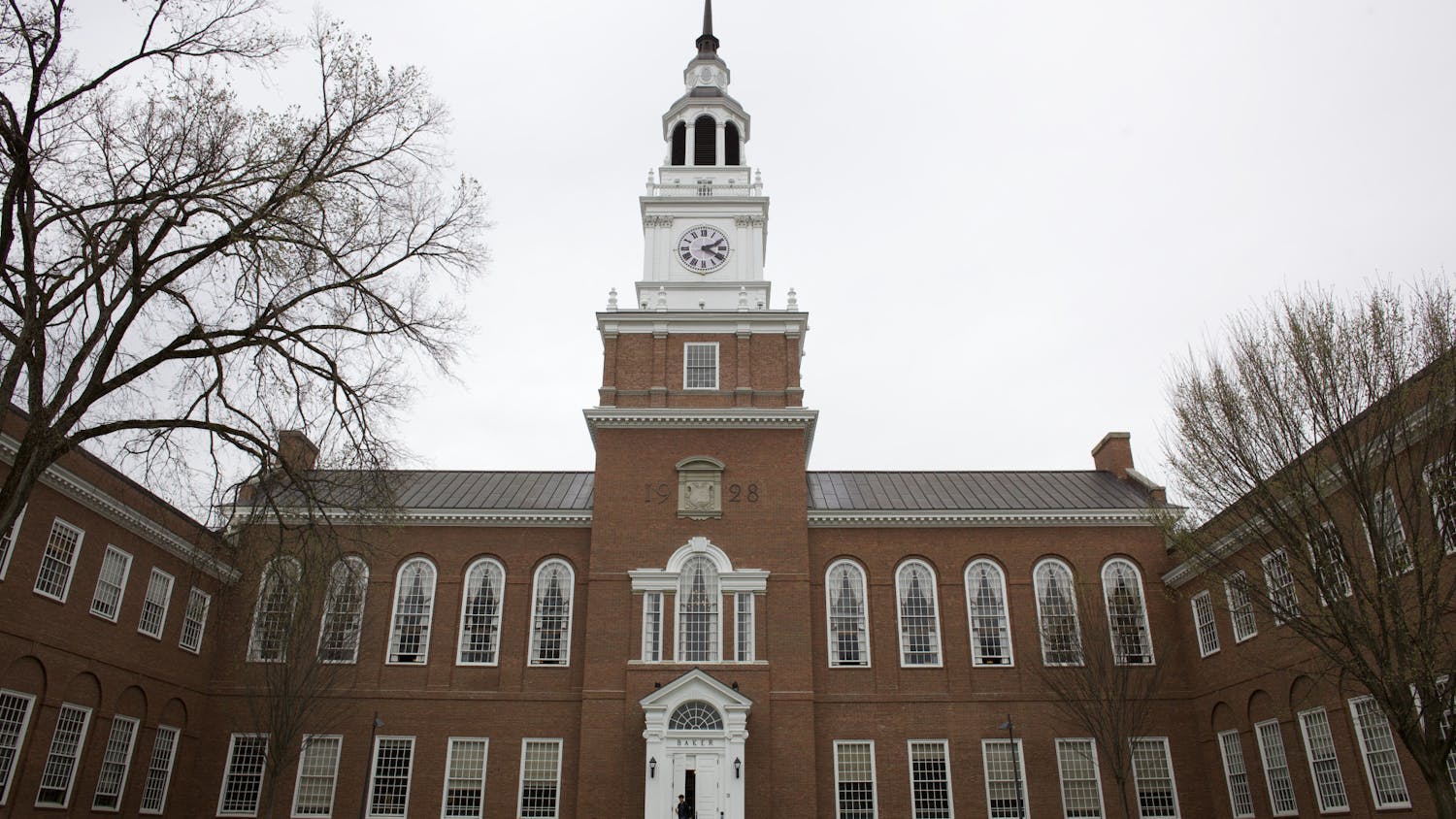Women outnumber men nearly two-to-one on study abroad programs, both nationally and at Dartmouth according to recently released statistics.
Three hundred and forty of the 569 Dartmouth students who went abroad in the 2004-2005 academic year were female----nearly 60 percent. Nationally, the proportion of female students studying abroad usually hovers around two-thirds, according to Daniel Obst of the Institute of International Education, a non-profit organization dedicated to promoting foreign study.
"It's been like this for quite a long time," Obst said. "We hope that this might change now that there are many more programs being offered in more diverse locations and more diverse courses."
The trend also applies to many of Dartmouth's peer institutions; 61 percent of Harvard students studying abroad are female, compared to roughly 66 percent of Cornell students, 59 percent of University of Pennsylvania students and 75 percent of Yale students.
Executive Director of Off Campus Programs John Tansey said that the College's numbers have traditionally been unbalanced.
"I think that we've had a similar ratio at least for a couple of years," Tansey said. "I haven't really had a chance to analyze it and I'm not sure why the trend is that way, but I suspect that it relates mostly to majors that send students abroad and the male-female ratios in those majors."
Recently, though, more programs have been offered for majors outside of language study.
"In the 1960s, 50 percent of students abroad were humanities majors, while only 2 percent were business majors. At the time, that meant more women were going abroad. Now only 13 percent of the students who study abroad are humanities majors compared to 18 percent business majors," Obst said.
Obst pointed out that recent trends in foreign study weaken the hypothesis that differences in what men and women study at college cause the gender discrepancy in abroad programs.
"Many people point to the start of the study abroad programs and it generally was women who studied languages in Europe, but even though that has changed, the gender ratios have not. Maybe it's just a thing that's more interesting to women."
The disparity puzzles students as well. Dalia de Leon '07 participated in an Italian LSA+ of six women and two men.
"I don't think there is a particular reason," de Leon said. "I think it just worked out that way."



